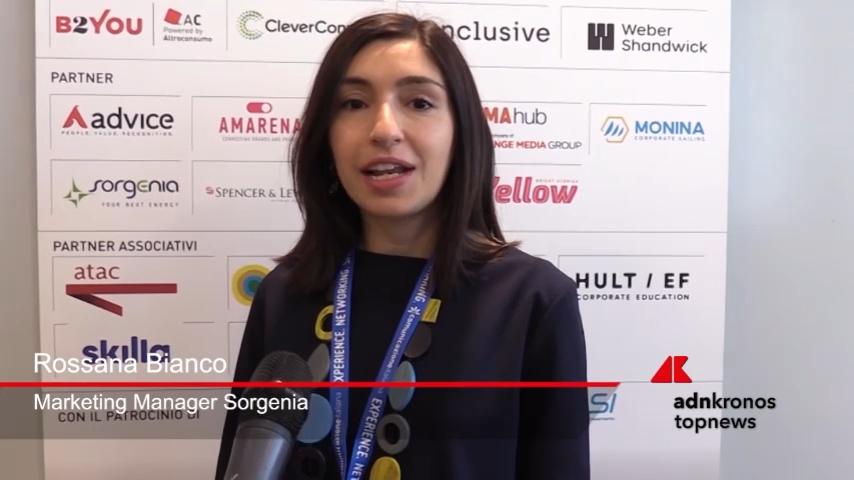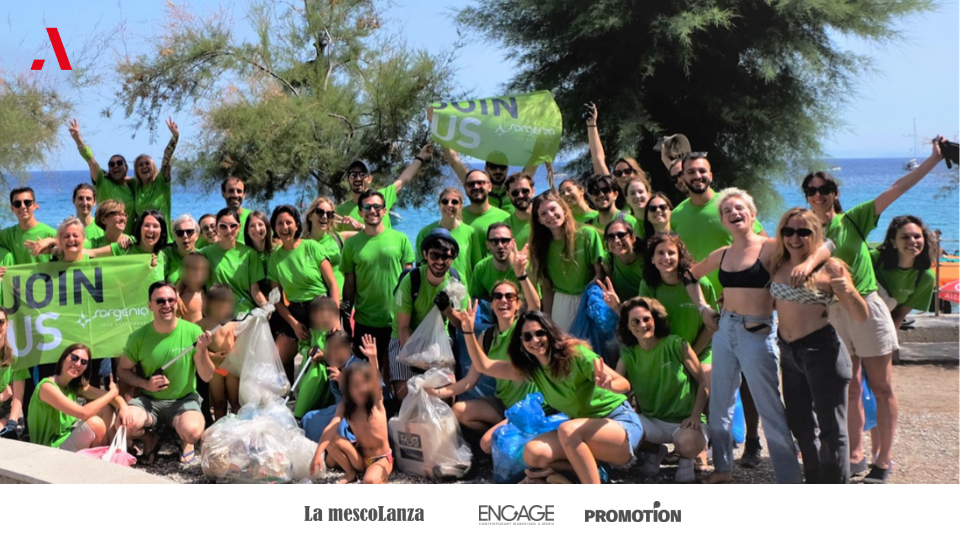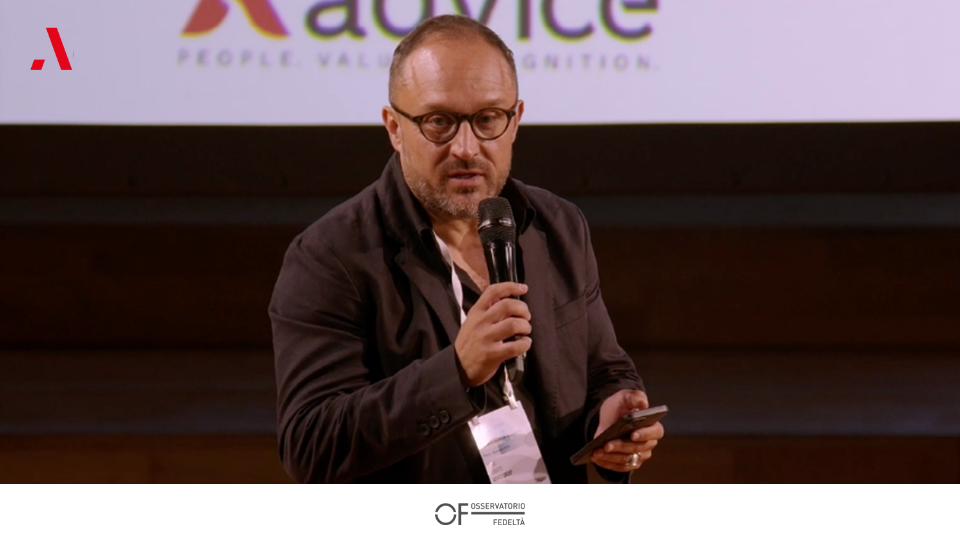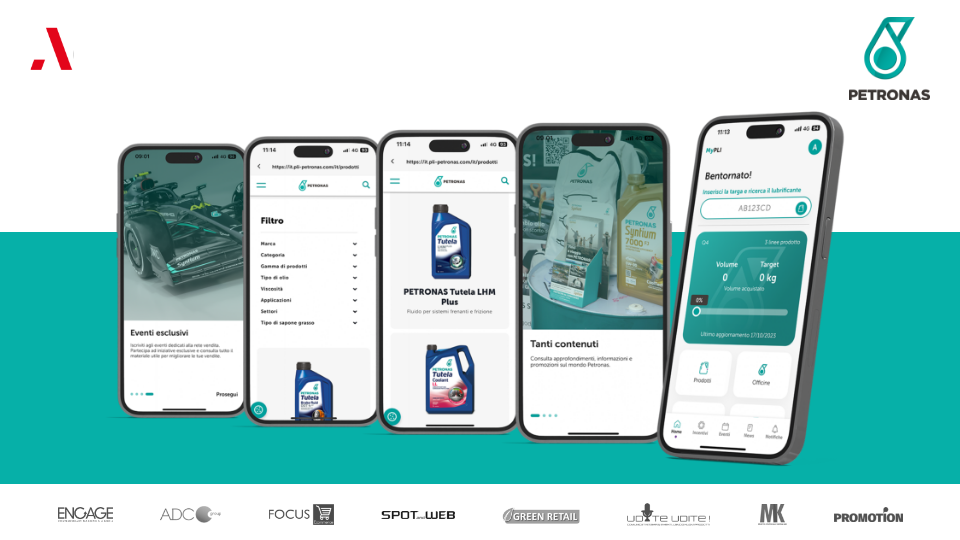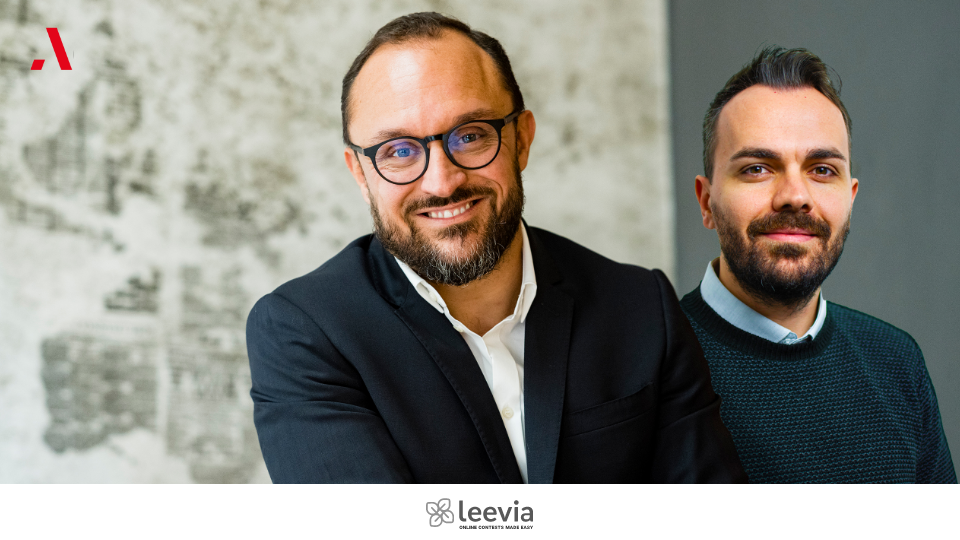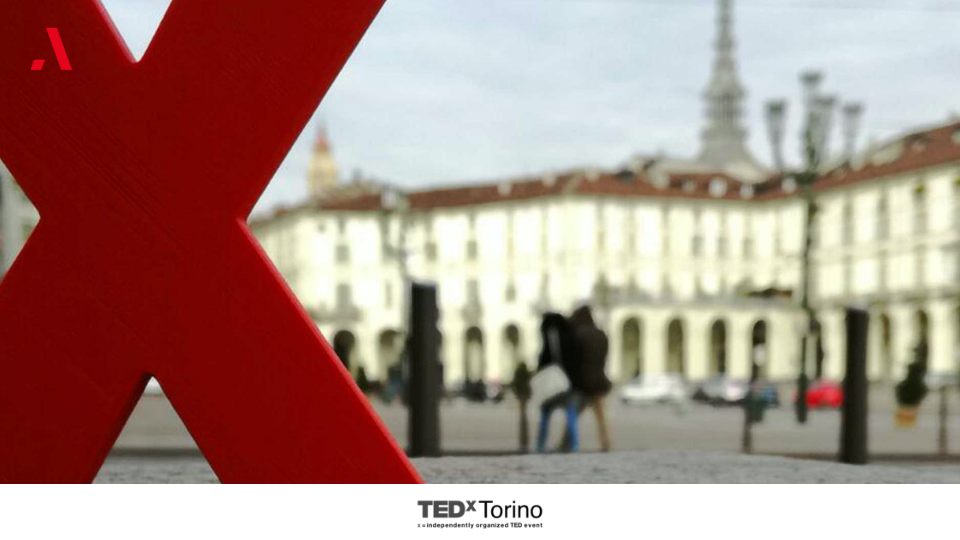How do you manage democratic and inclusive loyalty from a sustainable perspective?
How do you rely on sustainable logic while respecting the principles of democratic and inclusive loyalty on the part of companies? By avoiding some easy gimmicks.
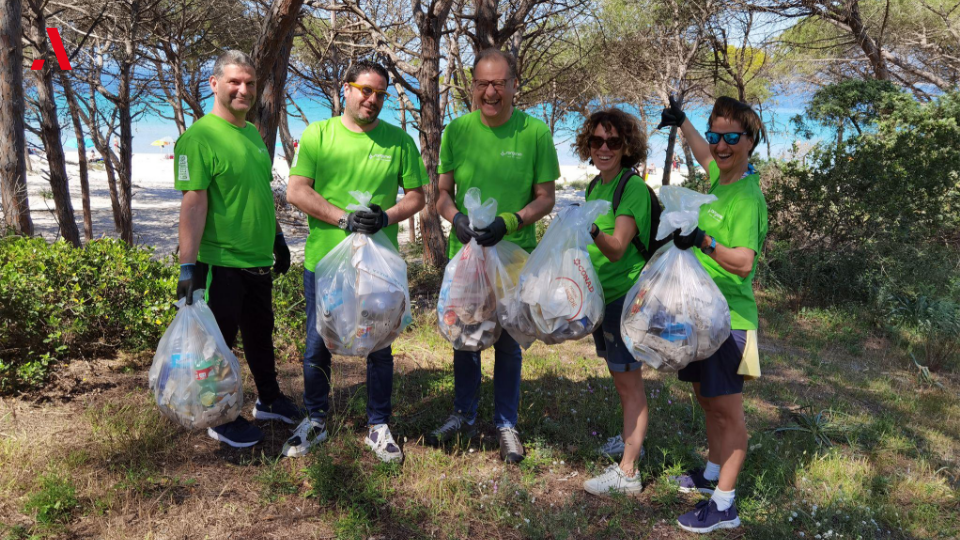
To verify how sustainable a brand might be, we use parameters that measure the ESG (Environmental, Social, and Governance) rating. There is thus a balance in the collective concerns between storytelling and an effective commitment to pursuing the goals of the United Nations 2030 Agenda - SDGs - Sustainable Development Goals. Democratic and inclusive loyalty is a useful tool for this cause, but the path to adopting sustainable behaviours can expose a brand to some critical issues that, if poorly managed, would cause a boomerang or greenwashing effect.
Sustainability and greenwashing: increased attention
Young people are increasingly attentive to the way companies operate and to the storytelling they put forward. Today, talking about sustainability cannot be merely a trend, it must be substantiated with concrete and measurable actions, otherwise the effect can be counterproductive.
A well-known airline has been sued for an advertising campaign that has been called misleading. The company declared an active commitment to supporting environmental sustainability, through the option to offset CO2 emissions with a financial contribution from its customers when purchasing a ticket. The response was immediate, especially in terms of intentions: this carbon offset measure is not enough to compensate for the emissions from the flight and it is wrong to suggest to customers that a small financial compensation is enough to do good for the environment.
This story highlights how a tactical measure, which does not get customers engaged in a sustainability pathway, but only asks them for a small transactional contribution at a given point in the customer journey when they make a purchase, has not achieved the desired results, from either an environmental or a brand awareness point of view.
Loyalty that facilitates sustainability processes
The trust that is established between the users and the company is a strategic asset. When we talk about SDGs applied to a certain sector, there is a tendency to limit the goals set exclusively to the industry in question. When we talk about Energy, we think about renewables, with Telco we think about infrastructure, for Food we think about combatting food waste, and so on. But this approach is short-sighted, especially if we can count on the added value of a form of loyalty that focuses its interventions on relationships and inclusion. No longer rewarding only those who spend a lot would already be a step forward towards fulfilling a company's corporate social responsibility (CSR). This gesture constitutes the first stage of a structured process open to all types of consumption, a factor that makes it more relevant and impactful through concrete activities and consequences that support one or more local or social causes.
When loyalty becomes inclusive and democratic, it can also be sustainable
We are witnessing a change in loyalty: the transition from a purely transactional concept of loyalty to a behavioural one. Some companies have already been able to recognise this, exploiting this new paradigm, while others, such as retailers, are undergoing slower adjustment periods. This concept allows us to consider and reward users for their ability to relate to a brand through virtuous actions and therefore not based exclusively on their spending power. This approach lays the foundations for an inclusive loyalty scheme that appeals to a company's entire customer base in a democratic way, because each user can feel like they are the protagonist of a relationship project with the brand beyond just their economic potential. We are in a phase in which the loyalty model must integrate a strategy that pursues higher objectives than just business needs, and it must do so by putting people at the centre, involving them and making them part of the change. In this way, each person can enjoy positive social perception because they feel like active protagonists of an ESG project with a genuine socio-environmental impact. The sustainability trend, however, also brings with it the need to think about circular economy models at all levels: reuse and recycling are at the heart of the exclusive benefits offered for purchasing new regenerated products.
Applying sustainable loyalty in Italy
Providing the correct blueprint for the entire value chain is far from simple. When Sorgenia decided to implement measures with the SDGs in mind by exploiting its loyalty project, Greeners, it had imagined that it could only make a limited contribution to energy production issues. In the process, however, it discovered that the strategy effectively contributes to pursuing sustainability objectives in several ways. To date, in fact, with the support of the Greeners community, it has managed to launch campaigns to protect life on land and in the water, by planting trees and adopting forests, bee hives, vineyards, and dolphins. It has combatted poverty and promoted education and health, guaranteeing drinking water and medicines and donating shopping baskets. What makes this project special is the heavy involvement of the community that includes not just customers and employees, but also prospects, i.e. non-customer users who find the project particularly appealing. In fact, Greeners stems from the assumption that everyone can make a difference through small daily gestures that have a small impact on our daily lives and the environment. Greeners experience first-hand the sustainability initiatives carried out by the brand, such as the recent M.A.R.E project or the plogging events held throughout Italy.
Greeners is currently the only scheme of its kind in Italy that applies sustainable loyalty processes. It has received numerous awards in Italy and abroad for its innovative strategy and was shortlisted as one of the best loyalty programmes in Europe in a recent study conducted by Mando Connect.
In an interview conducted by ADN Kronos, Rossana Bianco explains more about the strategy adopted.





